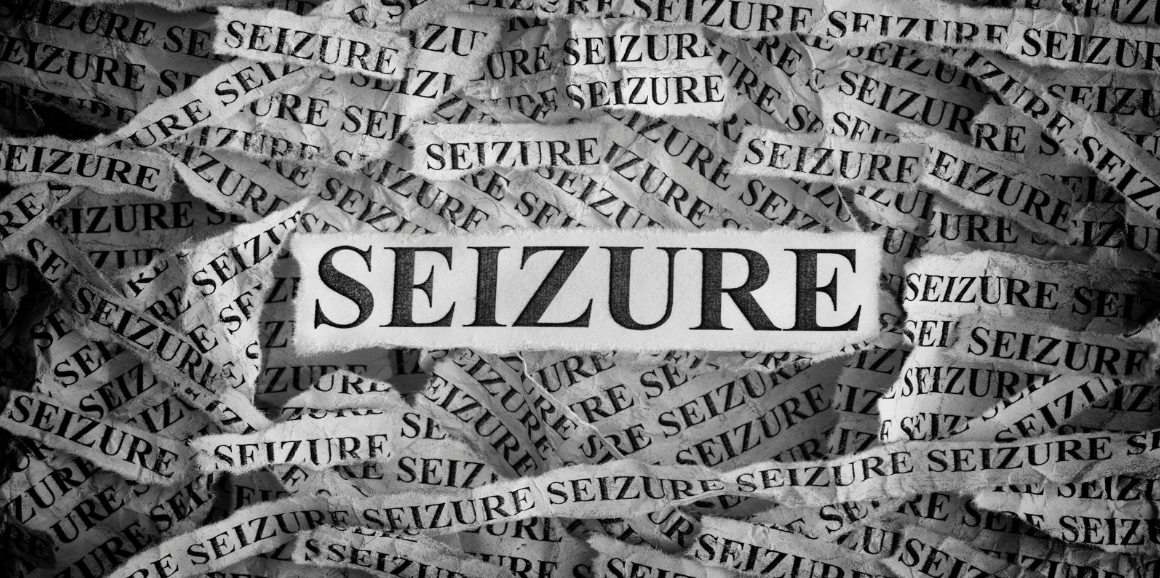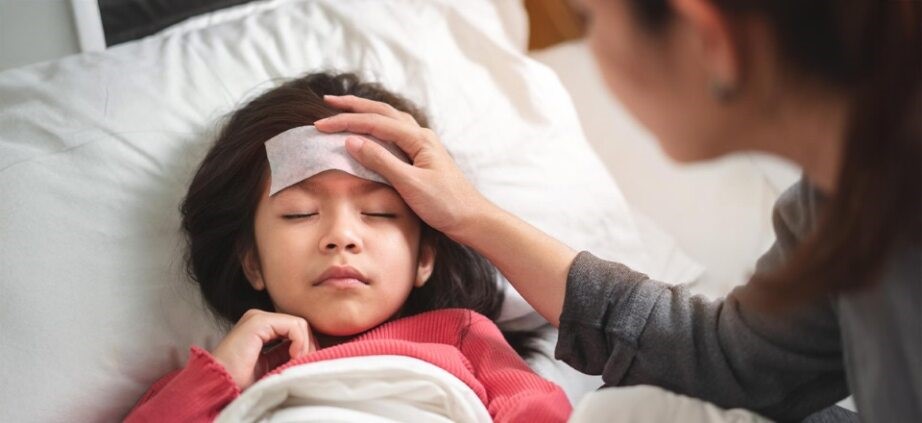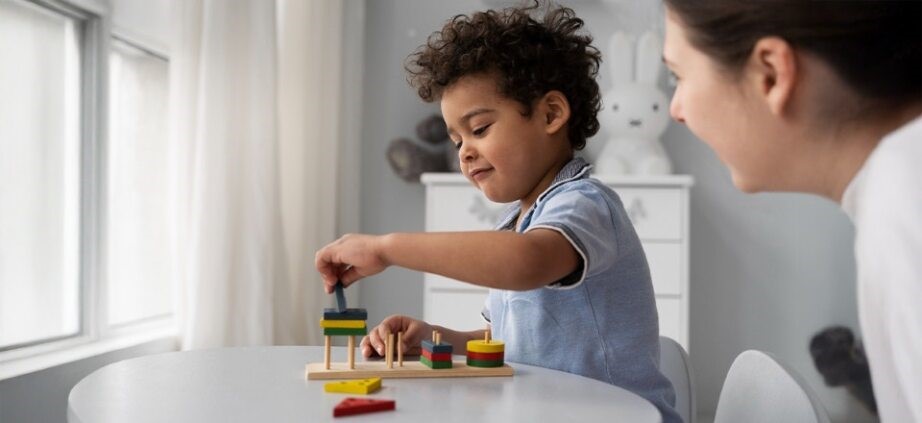Categories
What to Do When a Child Has Seizures?
Jan 18, 2025
Witnessing a child having a seizure can be a highly distressing and
panicky situation, especially when it occurs unexpectedly. Seizures in children
can manifest in different ways—it might be a staring look, upward rolling of
the eyeballs, or involuntary hand movements. As a parent or bystander, staying
calm and knowing how to respond is crucial.
What to do during a
Seizure?
- Stay calm
- Your calmness can help you respond effectively.
- Ensure the child's safety
- Make the area around the child safe by removing any potentially
harmful objects
- If the child is sitting or standing, gently lay them down on a
flat surface
- Position the child properly
- Place the child in the left
lateral position. This helps prevent aspiration in case the child
vomits
- Loosen tight clothing around the neck or waist to aid breathing
- Avoid common myths
- Do not attempt to open the child’s mouth
- Do not blow air into their mouth
- Do not place objects like keys in their hands or mouth
- Do not restrain the child
- Avoid holding the child’s hands or restricting their movements
during the seizure
- Time the seizure
- Note the time when the seizure begins and monitor its duration
- If the seizure lasts more than 2 minutes, seek immediate medical help
- Contact emergency services
- Call a medical emergency number if the seizure is prolonged or if
the child does not regain consciousness quickly
What to do after a Seizure?
Once the seizure subsides, check the child’s condition:
- If the child becomes conscious and stable, calmly reassure the
child
- If you notice any abnormal symptoms like bleeding, difficulty
breathing, or a delayed recovery, take the child to the nearest hospital
immediately
Our 24/7 Consultant Led Advanced Pediatric Emergency Services are always prepared to handle any health emergency your child may face!











